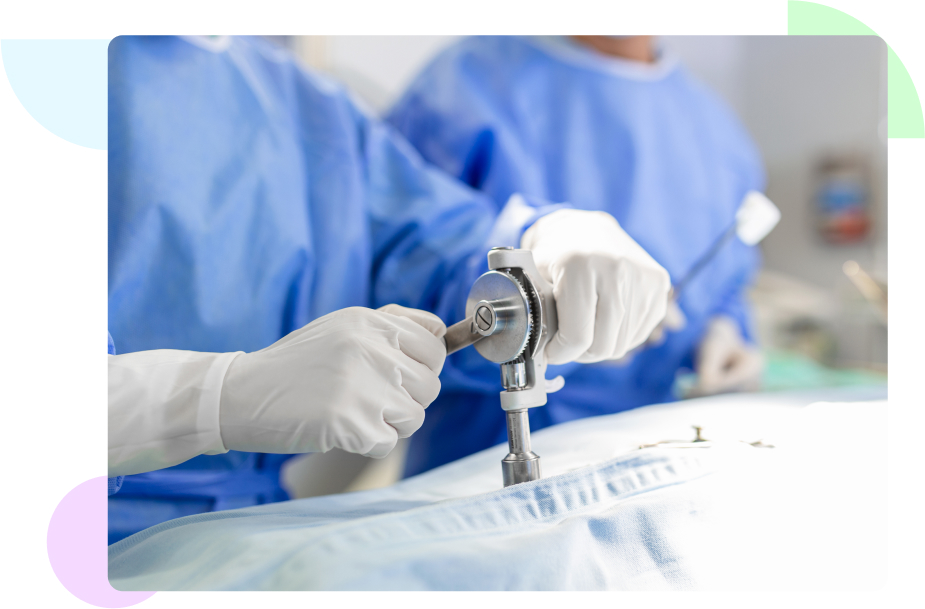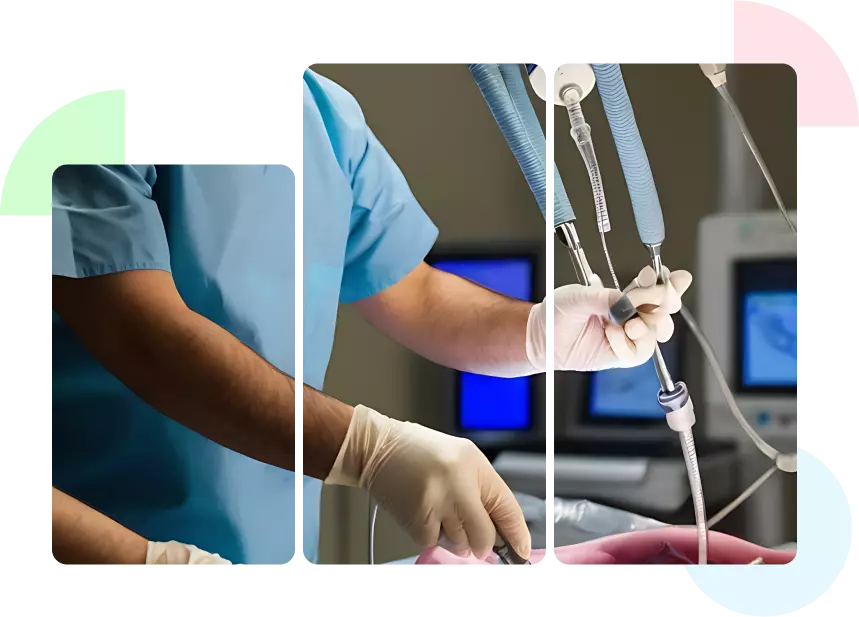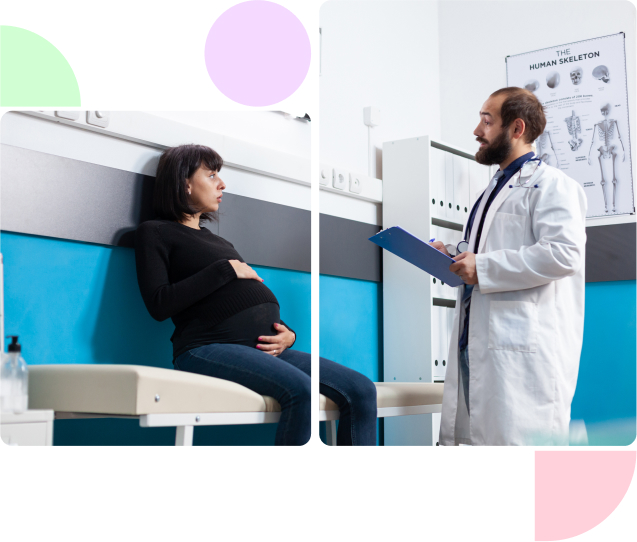Is laparoscopy 100% successful?
Laparoscopy is a highly effective and minimally invasive procedure with a strong success rate. Most patients experience positive outcomes, with minimal complications and faster recovery times compared to traditional surgery.











